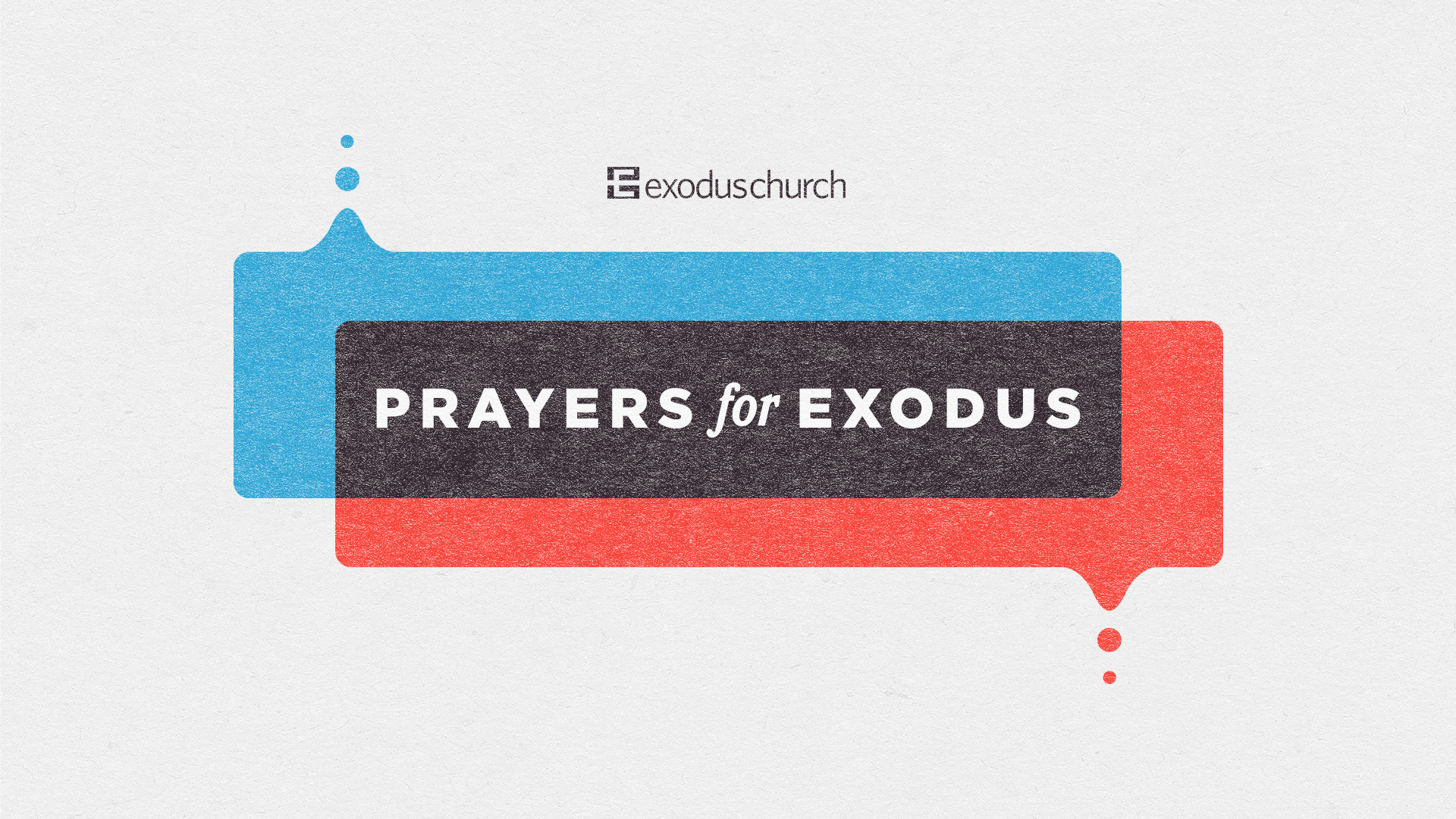A guest post by Bubba Hines…
To catch up on the first of these articles on prayer, click here.
I heard of a family who once visited the Grand Coulee Dam, and they were surprised to see that the visitors’ center was dark. It was a sunny day. So they thought the center might have tinted windows, but as they got closer they realized there were no lights on. They went in and saw that none of the displays were working. Suddenly it became clear: there was no power to the center. Due to a technical difficulty of some kind, the visitors’ center that sat only hundreds of feet from a hydroelectric dam had no power.
How could something be so close to the power source, yet not be plugged in? In much the same way, we can ask how someone can be close to God, yet their prayers aren’t “plugged in.” Let’s explore then, some of the “technical difficulties” that can contribute to difficulties in staying “plugged in” to God through prayer.
Unconfessed Sin (Isaiah 59:1-2)
First let’s look at unconfessed sin. Isaiah 59:1-2 tells us “Behold, the Lord’s hand is not shortened, that it cannot save, or His ear dull, that it cannot hear; but your iniquities have made a separation between you and your God, and your sins have hidden His face from you so that He does not hear.” I have searched through scripture, and I can tell you that God never promises to answer the prayer of someone who is not in a relationship with Him. He might graciously answer the prayer of an unbeliever, but we have no right to expect that He will. As for the Christian, who is harboring some un-confessed sin, you must realize that our relationship with God can be marred by sin or disobedience.
Disobedience (I John 2:21-22)
Disobedience is a close cousin to unconfessed sin. John writes in I John 3:21-22. “Beloved, if our heart does not condemn us, we have confidence before God; 22and whatever we ask we receive from him, because we keep his commandments and do what pleases him.” Because we keep His commandments and do what pleases Him. If we are conscious of any sin or disobedience toward God in our lives, we must confess it and turn from it so that our friendship with God can be restored and we can approach Him with confidence again.
Wrong Motives (James 4:2-3)
Wrong motives account for another large portion of prayers that are interpreted as “un-answered.” Not everyone that prays to win the lottery wins! James, the brother of Jesus, writes: “2You desire and do not have, so you murder. You covet and cannot obtain, so you fight and quarrel. You do not have, because you do not ask. 3You ask and do not receive, because you ask wrongly, to spend it on your passions. 4 You adulterous people! Do you not know that friendship with the world is enmity with God? Therefore whoever wishes to be a friend of the world makes himself an enemy of God.”
Imagine if you will, that Jesus is your husband and you go to Him and ask Him for some money. You have every intention of taking this money that He gives you and going out to meet your lover and having a fine time, all financed by your husband! This is exactly what James is talking about here. People pray wrongly, asking God to give them His resources, so that they can go about using those resources to fuel there passions which lead them further away from God! Adulterous people! Can you truly conceive of a husband who would give his wife money if he knew this was his wife’s intention? Then how much less can we expect our all-knowing God to fall for such a ploy?
God gives only “good gifts” (Matthew 7:11)
Then there are times when what we ask for simply isn’t good for us. How often does a child ask for something, with good motives, that simply isn’t good for them at the moment? In Matthew 7:11 God only promises to give us “good gifts.” John Stott says that God will answer “no” if the things we ask for are “either no good in themselves, or not good for us or for others, directly or indirectly, immediately or ultimately.”
Answer may be either “yes,” “no,” or “wait.”
This being said, when we pray, the answer may be one of the following:
- Yes
- No
- Wait
We should be extremely grateful for this; however, the majority of people I speak to seem to resent it. If we were given absolutely everything we ever prayed for, I dare say we would never pray again. I personally thank God that he has not done all that I have asked Him to do, and I am very grateful that He did not see fit to give me things that I asked for, and that He closed certain doors in my face. And I think that any Christian who has been a Christian for some time will appreciate this sentiment. Ruth Graham (late wife of Billy Graham) told an audience once, “God has not always answered my prayers. If He had, I would have married the wrong man—several times.” Sometimes we will not know during this life why the answer is no.
That is why the promises in the Bible that prayers will be answered are sometimes qualified. For example, John writes, “if we ask anything, according to His will, He hears us” (I John 5:14). The more we get to know God, the better we will know His will, and the more our prayers will be answered.
Look for the third installment on prayer here.



